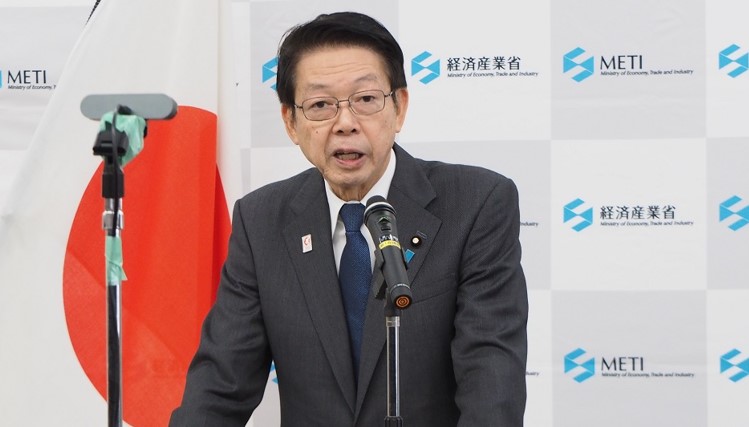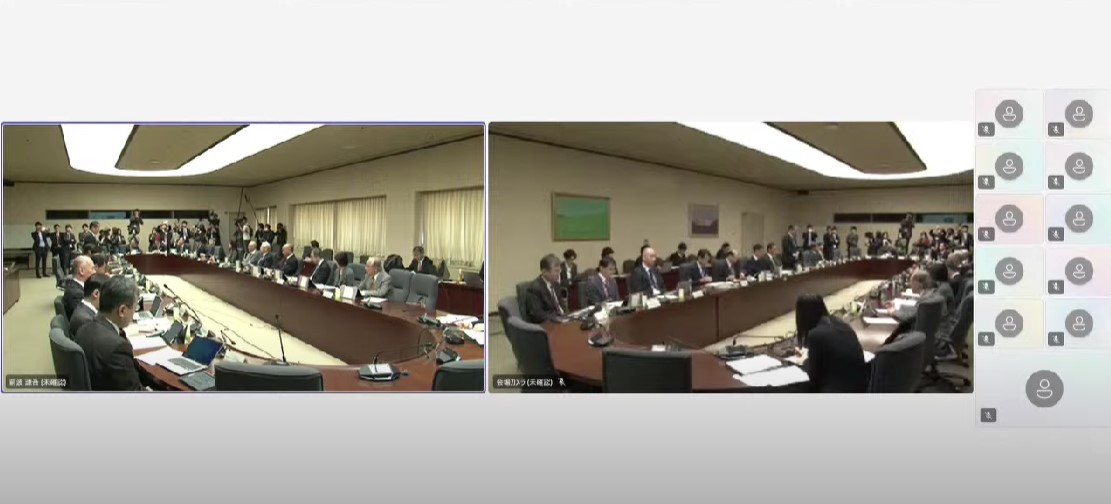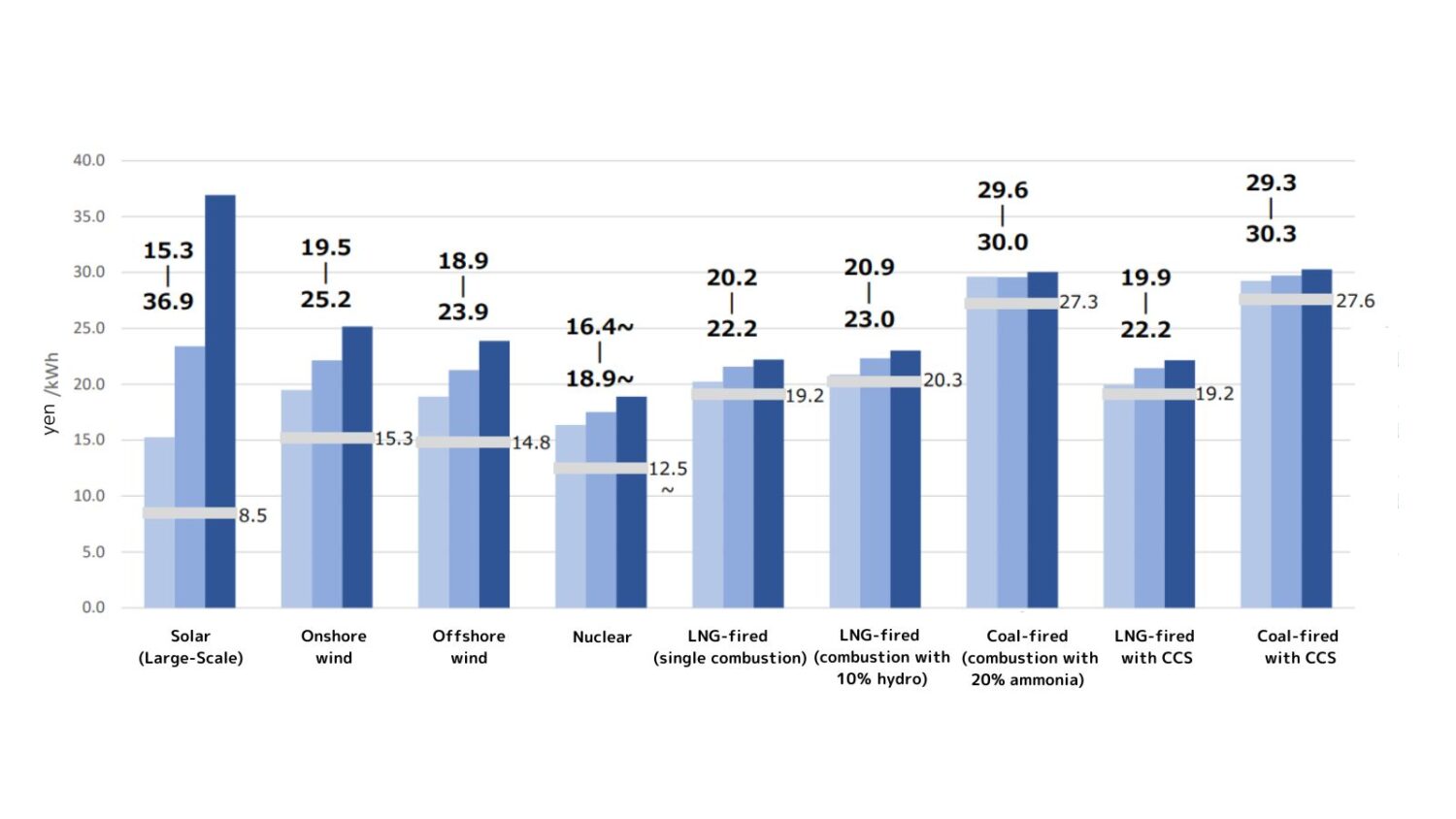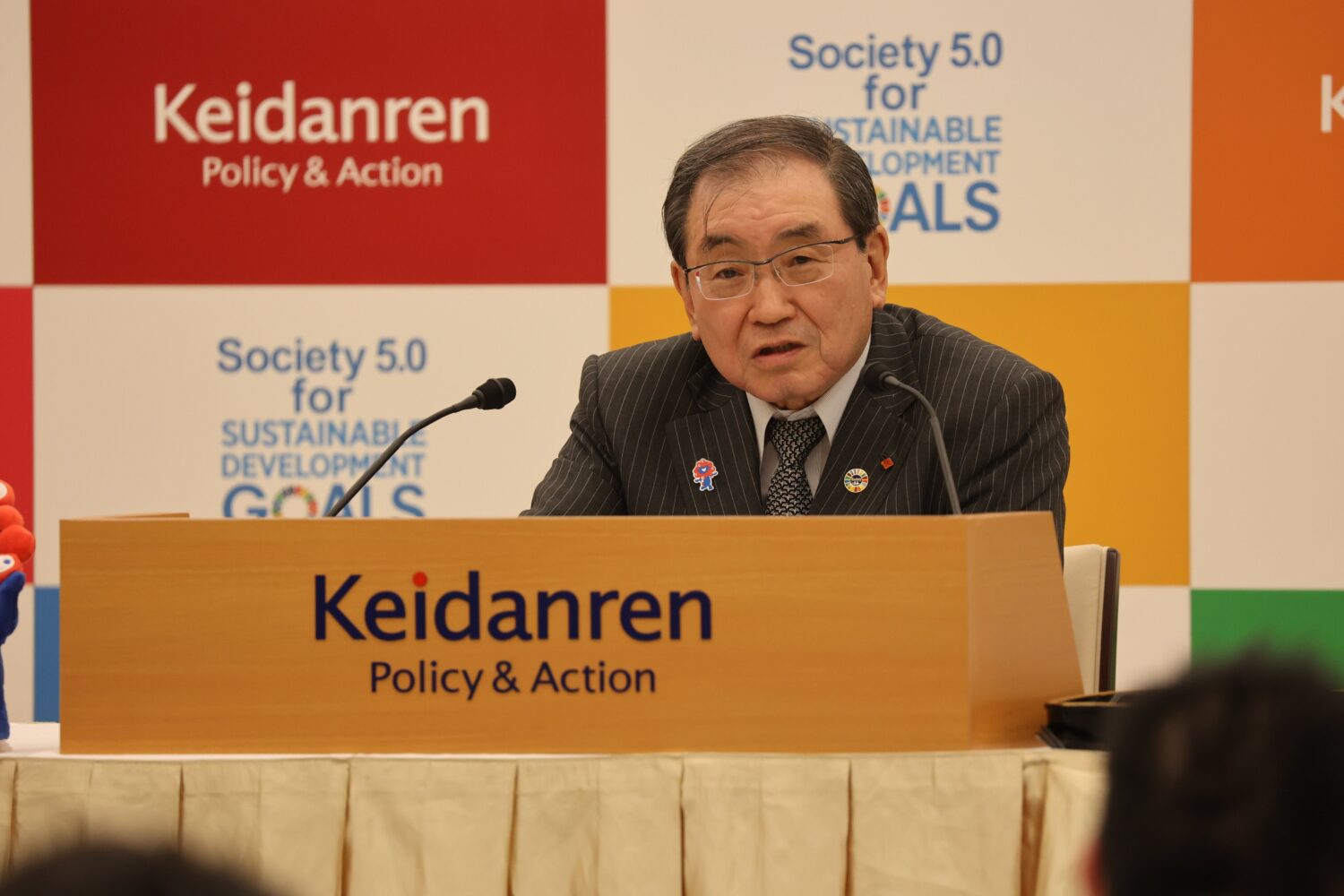The subcommittee will address a future, practical, well-balanced energy supply-and-demand structure toward the actualization of the Strategic Energy Plan, according to a policy approved by the Cabinet in April 2014. It will take into consideration discussions made already by three other subcommittees: one on energy efficiency and conservation, another on new and renewable energy, and the third on nuclear energy.
The Strategic Energy Plan states that dependency on nuclear power will be reduced as much possible through energy conservation and the introduction of renewable energies, as well as by improving the thermal power efficiency, among other measures.
In his opening comments at the subcommittee meeting, Director-General Takayuki Ueda of METI’s Agency for Natural Resources & Energy (ANRE) said, “Although we have no fixed schedule, we want to reach a conclusion as soon as possible, with an eye on COP21 at the end of the year.” He urged the committee members to work substantively toward establishing an appropriate energy mix.
The meeting was jointly held with the Strategic Policy Committee, also under the Advisory Committee for Natural Resources and Energy, which had formulated a draft of the Strategic Energy Plan. After an explanation by ANRE representatives of the main points of the plan and the overall circumstances surrounding energy, members were asked for their opinions.
The members’ comments included some voicing interest in the possibility of heat and biomass utilization, while others were concerned with the higher costs stemming from introducing renewable energies. Some members wanted to know specific numbers for the future power-source structure. Their remarks on nuclear power dealt with the issue of spent fuel disposal and the need for numerical evidence to bridge the gap between the government’s plans and national sentiment.
After the remarks from the committee members, Chairman Sakane, striking a note of warning, said, “If the Japanese yen becomes too weak, the country will not be able to buy fossil fuel.” He then suggested that everyone discuss first how much could be achieved by conserving energy and using renewable energies.
ANRE continues to invite opinions from the public, and has created a suggestion box for long-term energy supply-and-demand prospects, which will be referred to as the subcommittee deliberates the matter.
Remarks of Subcommittee Members
Takeo Kikkawa (professor, Hitotsubashi University):
Now that oil prices are declining, we need to consider two scenarios: one where prices go back up, and the other where they keep going down.
Ken Koyama (managing director, Institute of Energy Economics, Japan (IEEJ)):
The taking of Japanese hostages by the ISIL has so far not affected energy supply, but the risks in such situations should be considered.
Yuko Sakita (journalist):
Given the outlook for a decreasing population and technological innovation, we need to also consider how much energy will actually be needed in the future.
Toshiyuki Shiga (vice chairman, Nissan Motors):
For Japanese industry to maintain its competitiveness, it is very important to resolve the electric power issue.
Kyohei Takahashi (chairman, Showa Denko):
Stabilizing power rates is an urgent issue. The situation of small- and medium-size industries in Japan is serious.
Yukari Takamura (professor, Nagoya University):
Sustainable energies should be considered toward 2050.
Kikuko Tatsumi (consumer advisor/consultant):
Discussions until now have taken place without the voices of the people heard. Please make sure to use the suggestion box.
Jitsuro Terashima (director, Japan Research Institute):
Japan should maintain and continue its nuclear technological infrastructure.
Masakazu Toyoda (chairman, Institute of Energy and Economics, Japan (IEEJ)):
The influence of expensive energy on the macro economy, and on the lives of people, should be considered.
Issei Nishikawa (governor, Fukui Prefecture):
I hope that a consideration of the energy mix and the restarting of nuclear power plants (NPPs) places priority on public understanding and on the public’s being adequately convinced.
Hajime Yamana (professor, Kyoto University):
The reality is that Japan’s energy-related infrastructure is old and deteriorating. We should carefully consider the fact that we are now at the stage of deciding how to change that infrastructure.












